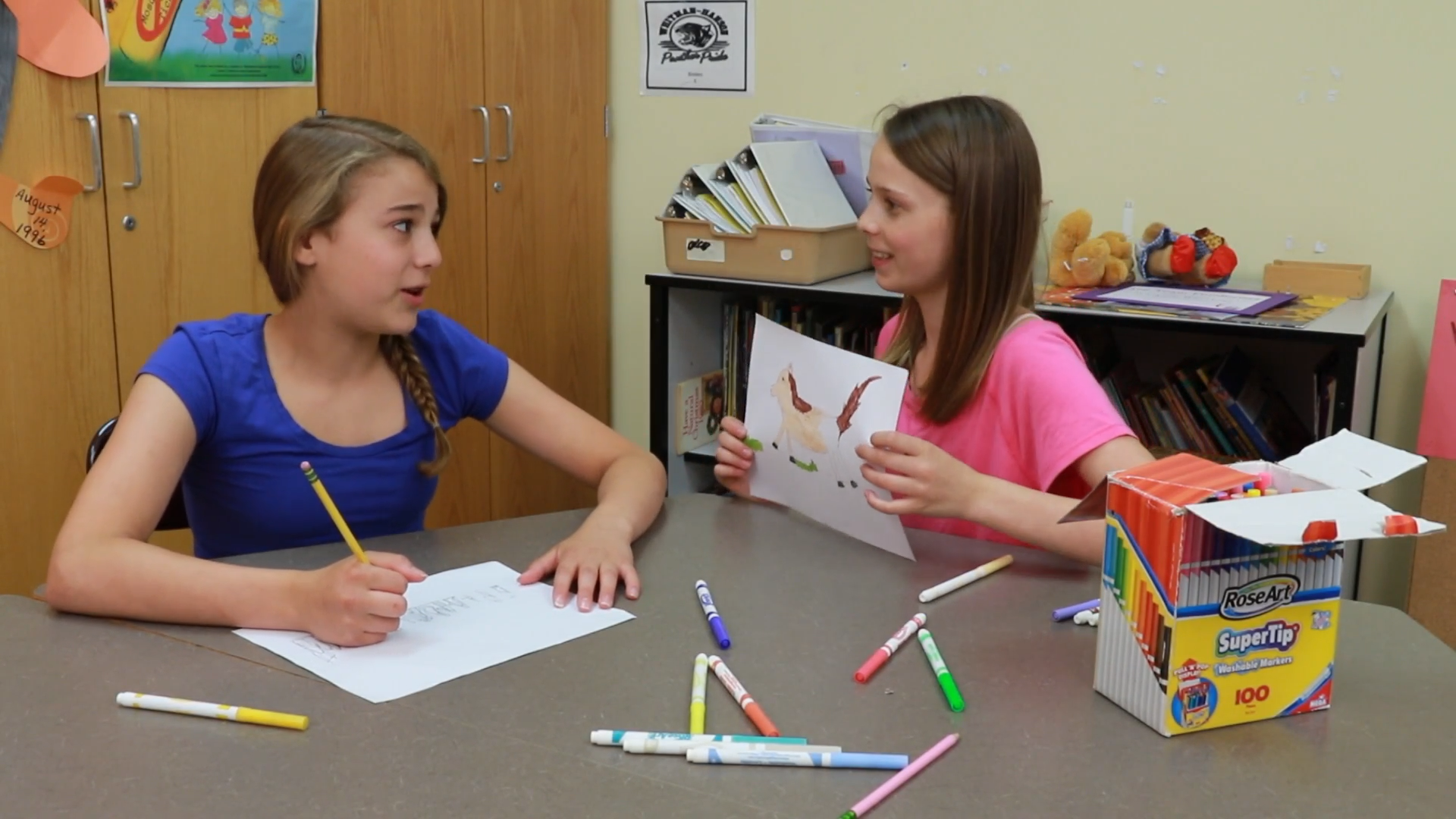
Introduction
Giving compliments is a valuable social skill that helps build positive relationships and fosters a supportive environment. When we give compliments, we communicate our appreciation for someone else’s efforts or qualities. This simple act of kindness can lead to increased self-esteem, improved communication, and stronger connections. In this blog post, we will explore a no-prep activity for teaching PreK students how to give compliments, followed by discussion questions and related skills to enhance their social-emotional learning.
No-Prep Activity: Compliment Circle
This activity requires no preparation or materials from the educator, making it easy to implement in any classroom setting. Follow these steps to conduct the Compliment Circle:
- Have your students sit in a circle, facing each other.
- Explain the purpose of the activity: to practice giving compliments to one another.
- Model the process by giving a genuine compliment to a student in the circle. For example, “I really like the way you helped your friend clean up the toys today.”
- Ask the student who received the compliment to thank you and then give a compliment to another student in the circle.
- Continue this process until all students have received and given a compliment.
- Close the activity by discussing the importance of giving compliments and how it makes others feel.
Discussion Questions
After completing the Compliment Circle activity, use these questions to stimulate further discussions about giving compliments and social-emotional learning:
- How did it feel to receive a compliment from someone else?
- How did you decide what compliment to give to your classmate?
- Why is it important to be sincere when giving compliments?
- How can giving compliments help build stronger friendships?
- What is a compliment you could give to someone outside of our class (e.g., a family member, neighbor, or friend)?
Related Skills
Along with learning how to give compliments, there are other social-emotional learning skills that can further enhance your students’ abilities to build positive relationships and communicate effectively. Some of these related skills include:
- Active listening: Paying attention and showing empathy when others are speaking.
- Expressing gratitude: Recognizing and appreciating the positive aspects of our lives and the people around us.
- Conflict resolution: Addressing disagreements in a constructive and respectful manner.
- Assertiveness: Communicating one’s needs and feelings in a clear and respectful way.
- Positive self-talk: Encouraging oneself with kind and supportive words.
Next Steps
Now that you have learned about the importance of giving compliments and practiced this skill with your students, it’s time to explore more social-emotional learning resources. Sign up for free samples of these skills and others at Everyday Speech to enhance your students’ learning experience and help them develop the tools they need to thrive in their social and emotional lives.

